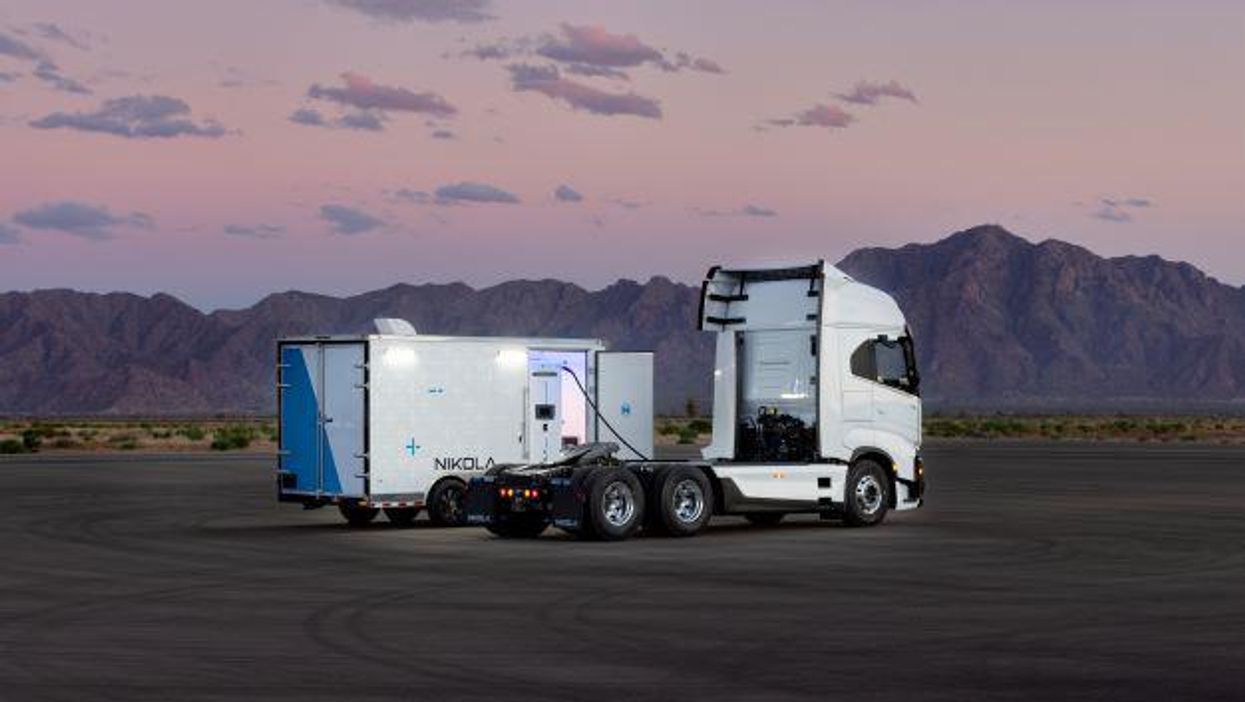🔦 Spotlight
Happy Independence Day, Los Angeles! 🇺🇸
While you're celebrating freedom, here are some electrifying updates lighting up LA’s tech, satellite, and music scenes:
🔥 Tinder mandates Face Recognition in California
 Image Source: Tinder
Image Source: Tinder
Tinder is now requiring all new users in California to complete a biometric face check, a brief video selfie processed via FaceTec, to verify profiles are genuine. The video is deleted post-verification, though an encrypted face map remains while the account is active. This West Hollywood based move could redefine trust, safety, and privacy in mainstream consumer apps.
🌐 Starlink clears hurdle to launch in India
Elon Musk’s SpaceX backed Starlink has cleared most regulatory and licensing hurdles with India’s Department of Telecommunications, marking a key step toward launching satellite broadband in one of the world’s fastest growing markets. Final approvals from the national space regulator are pending, and services, expected to deliver high speed connectivity to underserved regions, could launch in the coming months. This is a major milestone for Starlink’s global expansion.
🎧 Apple Music opens Culver City creative hub
 Image Source: Apple
Image Source: Apple
Apple Music is celebrating its anniversary by launching a brand new 15,000 square foot, three story studio in Culver City. The facility, featuring a 4,000 square foot soundstage, spatial audio suites, podcast booths, and more, is designed by Eric Owen Moss and slated to open mid August. It solidifies LA’s reputation as a creative powerhouse and reaffirms Apple’s commitment to investing in and nurturing our city's cultural ecosystem.
From dating apps to deep space to sound stages, LA isn’t just watching the future unfold, we’re building it.
Here’s to independence, imagination, and everything this city dares to launch next. Happy Fourth, Los Angeles.
🤝 Venture Deals
LA Companies
- Castelion has raised a $350M Series B round led by Lightspeed Venture Partners alongside Altimeter Capital to scale its hypersonic missile production capabilities. The El Segundo-based defense startup plans to use the funds to expand manufacturing, accelerate testing through its SpaceX-inspired rapid development model, and position itself as a cost-effective supplier of hypersonic weapons to the U.S. military and its allies. - learn more
- Earth Sama, a Calabasas, California–based climate-tech platform that helps rural farming and Indigenous communities generate and manage carbon credits, secured investment from Omtse Ventures. The funding will support the rollout of Earth Sama’s blockchain-powered field app, climate-creator platform, and smart-contract tools to scale community-led carbon credit projects globally under the Paris Agreement’s Article 6.4 framework. - learn more
LA Venture Funds
- Plassa Capital participated in Metafide’s $3.275M funding round. Miami based Metafide, the creator of SURGE, a gamified trading platform that combines AI neural networks and human insight, will use the funds to scale and launch SURGE into the market. - learn more
- BOLD Capital Partners participated as a founding investor in Syntis Bio’s $33M Series A round, with an additional $5M in NIH grants. The Boston-based biotech is developing oral therapies for obesity and rare diseases, and the funding will help advance its SYNT platform, moving its lead obesity treatment, SYNT-101, into Phase 1 trials and supporting development of SYNT-202 for homocystinuria. - learn more
- BAM Ventures participated in Cred’s $15M seed round for its predictive intelligence startup. San Francisco based Cred uses AI to unify company data with real time market signals and deliver actionable insights for sales and operations. The funding, led by defy.vc, will be used to scale Cred’s platform, expand its customer base, and grow team and product capabilities. - learn more
- BOLD Capital Partners participated in Gallant’s $18M Series B round to advance its ready-to-use stem cell therapies for pets. The funding, led by Digitalis Ventures with additional support from NovaQuest Capital, will help Gallant bring its off-the-shelf regenerative treatments to market. - learn more
- Rebel Fund joined the seed round for Rocketable, contributing to the $6.5M raised to build a portfolio of fully automated SaaS companies. San Francisco-based Rocketable, backed by True Ventures and others, uses AI agents to operate acquired software products, and Rebel’s support will help scale both the platform and acquisitions. - learn more
LA Exits
- Leasepath, a cloud-first provider of equipment lease and loan management software, has been acquired by Solifi to enhance its mid-market offerings. The deal allows Solifi to expand Leasepath’s Microsoft Dynamics-based platform into new global markets while keeping Leasepath’s team and leadership in place. - learn more
Download the dot.LA App





 Image Source: Tinder
Image Source: Tinder Image Source: Apple
Image Source: Apple